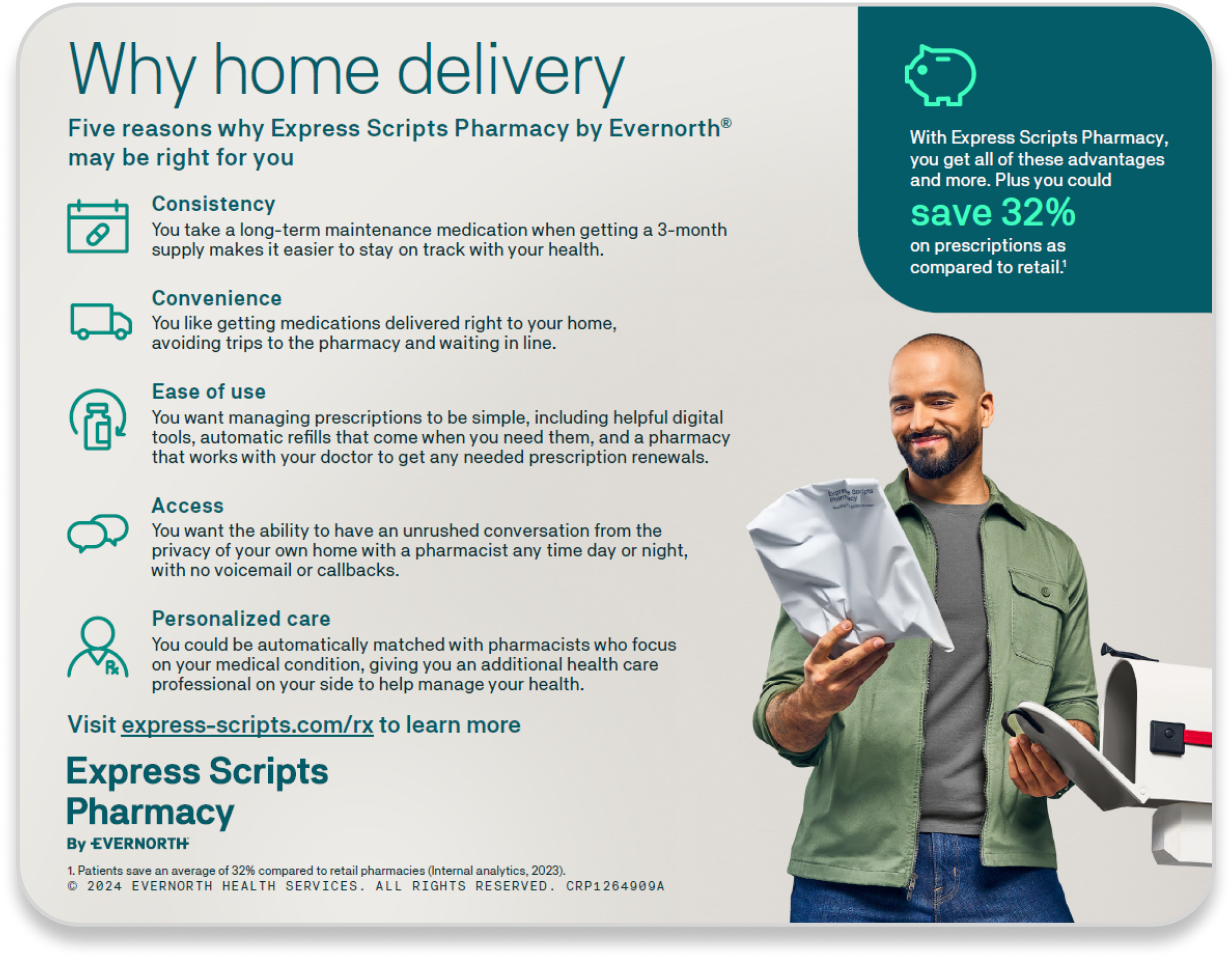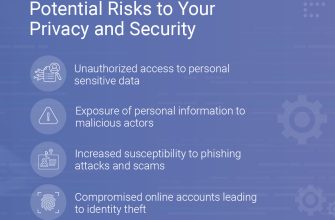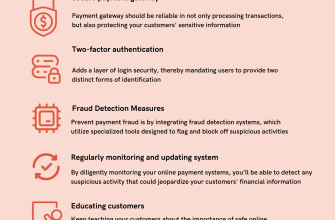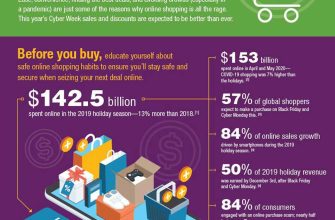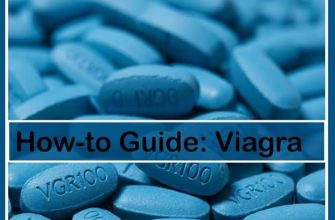Check for verification: Look for pharmacies displaying a valid license number and physical address. Legitimate online pharmacies are transparent about their location and regulatory compliance.
Verify accreditation: See if they hold accreditation from organizations like the Verified Internet Pharmacy Practice Sites (VIPPS) program. VIPPS accreditation signals adherence to stringent standards for online pharmacy operation.
Scrutinize security: Ensure the website uses HTTPS (the padlock icon in your browser’s address bar) for secure transactions. Avoid sites without this security feature – your personal and financial information is at risk.
Review customer testimonials: Read independent reviews on sites like Trustpilot or other reputable review platforms. Be aware that some reviews can be fake, so look for patterns and overall trends.
Contact details: A trustworthy pharmacy provides readily available contact information including a phone number and email address. Difficulty contacting them should raise a red flag.
Prescription requirements: Reputable pharmacies always require a valid prescription from a licensed physician before dispensing medication. Be wary of those offering medications without one.
Pricing: While low prices might seem attractive, extremely low prices compared to others often indicate counterfeit or substandard medication. Consider the overall value and not just the price.
Dispute resolution: Check their return policy and customer service procedures. A robust system indicates a commitment to customer satisfaction and fairness.

